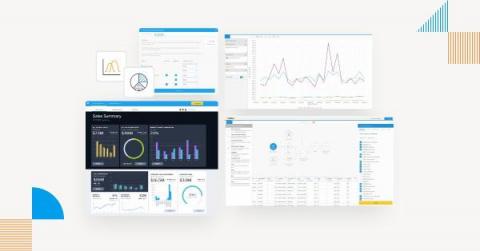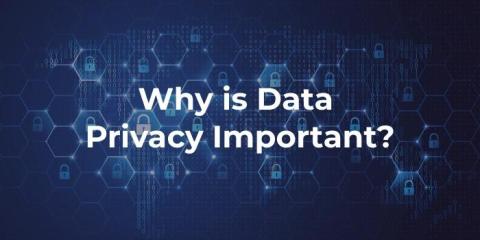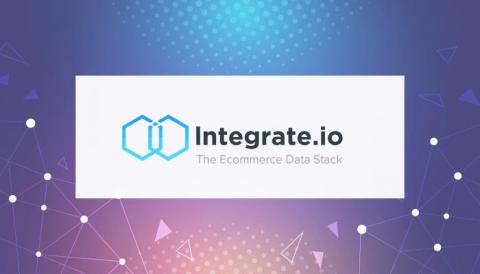Data Security and Compliance: 5 Essential Considerations
With data continuously growing in complexity and quantity, ensuring data security is more important than ever when choosing to buy a business intelligence (BI) solution. From data protection to data governance, having a BI platform that enables you to control, audit, encrypt and manage user access and usage of sensitive data is essential.






